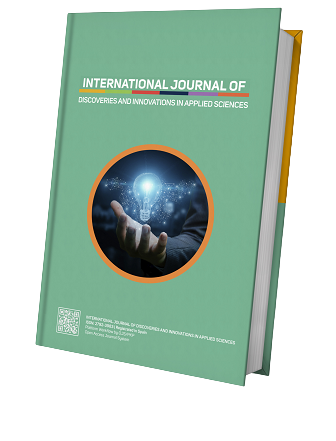Phytochemistry in the Current Scenario
Keywords:
phytochemistry, secondary metabolites, diseases, ethnobotany, pharmacognosy, plantsAbstract
Phytochemistry is the study of phytochemicals, which are chemicals derived from plants. Phytochemists strive to describe the structures of the large number of secondary metabolites found in plants, the functions of these compounds in human and plant biology, and the biosynthesis of these compounds. Plants synthesize phytochemicals for many reasons, including to protect themselves against insect attacks and plant diseases. The compounds found in plants are of many kinds, but most can be grouped into four major biosynthetic classes: alkaloids, phenylpropanoids, polyketides, and terpenoids.
Phytochemistry can be considered a subfield of botany or chemistry. Activities can be led in botanical gardens or in the wild with the aid of ethnobotany. Phytochemical studies directed toward human (i.e. drug discovery) use may fall under the discipline of pharmacognosy, whereas phytochemical studies focused on the ecological functions and evolution of phytochemicals likely fall under the discipline of chemical ecology. Phytochemistry also has relevance to the field of plant physiology.




